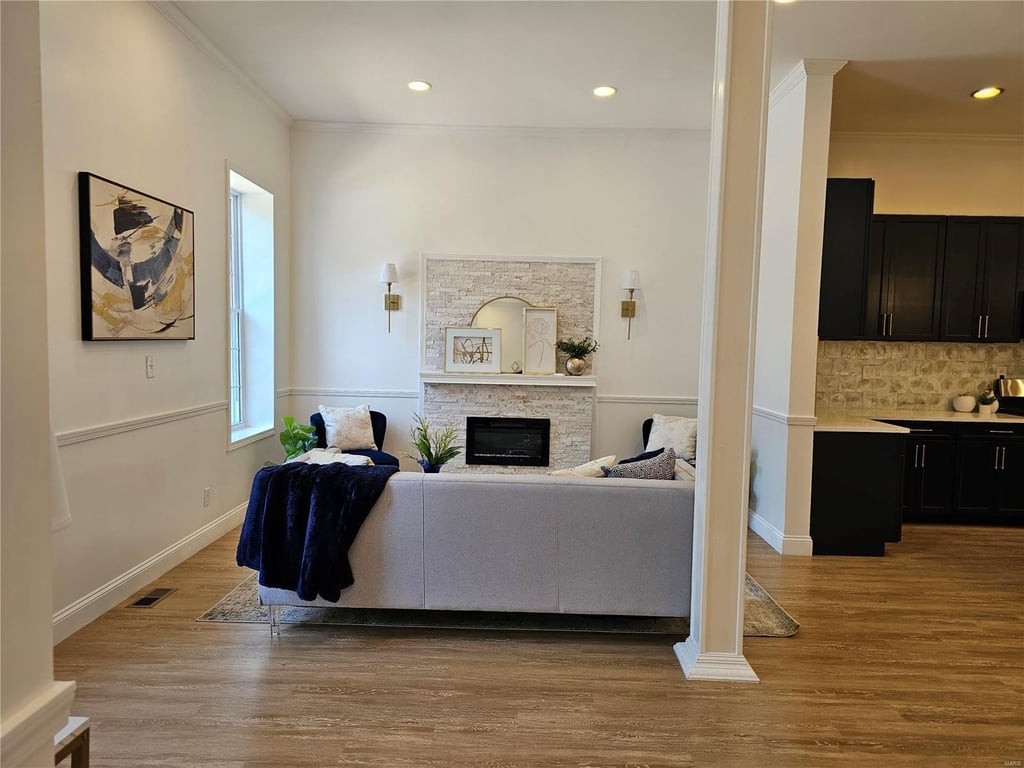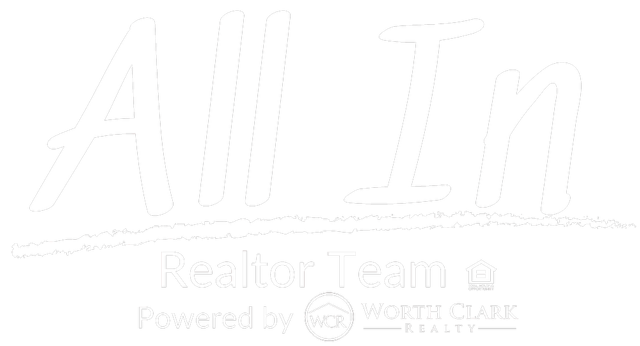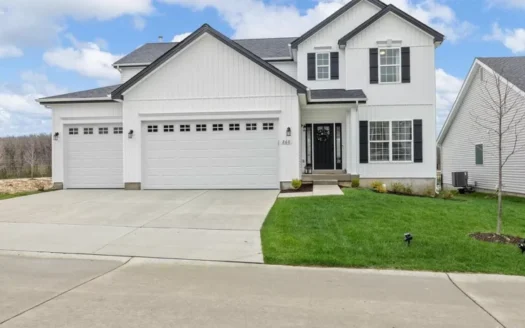How to Buy Your First Home with Low Income?

Buying a House with Low Income
Buying your first home on a limited budget can seem like a daunting task, but it’s possible. While there’s no specific minimum income requirement to buy a home, your debt-to-income ratio can impact how much of a mortgage you’ll be approved for. Low-income buyers have options, especially if they focus on mortgages with low or no down payments. Additionally, state and local housing programs can provide financial assistance to make homeownership more achievable.
In this guide, we’ll explore the steps of buying a house with low income, including tips for assessing your finances, finding affordable homes, and utilizing assistance programs.
Also read: Top Tips for First-Time Homebuyers in Wentzville, MO
Assess Your Financial Situation
Before jumping into buying your first home, it’s essential to evaluate your financial health.
Overview of Income Sources
Understand all sources of income you have, including salaries, side jobs, and any additional revenue streams. This will give you a clearer picture of what you can afford.
Evaluating Monthly Expenses and Budgeting
Take time to list your monthly expenses. Make sure to consider utilities, debts, and personal spending. This will help you see where you can cut back and save more for a down payment.
Setting a Realistic Homebuying Budget
Calculate what you can afford by factoring in mortgage rates, taxes, and insurance. A good rule of thumb is not to spend more than 30% of your monthly income on housing.
Tips for Utilizing Mortgage Calculators
Mortgage calculators can help estimate your monthly payments based on the amount you’re borrowing and your down payment.
Current Mortgage Rates and Their Implications
Stay updated on mortgage rates, as they can significantly impact your homebuying budget. Even a small rate change can make a big difference in your monthly payment.
Explore Low-Down Payment Mortgage Options
When you’re buying your first home with limited income, finding a mortgage with low or no down payment options is crucial.
FHA Loans
These loans are a popular option for first-time buyers, offering lower interest rates and down payment requirements. The federal government insures these loans, making them easier to qualify for.
USDA Loans
If you’re considering homes in rural or suburban areas, USDA loans might be a great option. They often don’t require a down payment and offer competitive rates.
VA Loans
Veterans and active service members can benefit from VA loans, which often offer zero-down payment options and favorable terms.
Conventional Loans with Low Down Payment Options
Some lenders offer conventional loans with low down payment options, making homeownership possible for low-income buyers without the need for government-backed loans.
Saving for a Down Payment
Even with low-income options available, saving for a down payment is key.
Tips for Saving on a Tight Budget:
1.Commence Early Savings Plans: Start saving as early as possible, even if it’s a small amount each month.
2.Utilize High-Yield Savings Accounts: Consider putting your savings into a high-yield savings account to earn interest on your down payment fund.
3.Find Additional Funds: Look into using tax returns, bonuses, or even gifts from family members as extra funds for your down payment.
Down Payment Assistance Programs
Explore down payment assistance programs that provide grants or loans to first-time homebuyers. These programs can help reduce the financial burden of buying a home.
Improving Your Credit Score for Home Buying
Your credit score plays a significant role in buying your first home. A higher score can help you secure better loan terms.
Understanding How Credit Impacts Mortgage Eligibility
Lenders will look at your credit score to determine whether you qualify for a mortgage and what interest rate you’ll get.
Steps to Boost Your Credit Score:
1.Pay Down Debts: Reducing outstanding debts can help improve your credit score.
2.Dispute Inaccuracies: Check your credit report for errors and dispute any inaccuracies.
3.Make Timely Payments: Pay bills on time to build a strong payment history.
Finding Affordable Homes
Partnering with Real Estate Agents
Work with a residential real estate company that specializes in helping first-time buyers. A skilled agent can find you homes within your budget and guide you through the process.
Researching Affordable Neighborhoods
Use online tools and local resources to research neighborhoods that offer affordable homes. Consider factors like schools, crime rates, and future development in the area.
Considering Foreclosures and Fixer-Uppers
Purchasing a foreclosure or fixer-upper can be a great way to buy a home for less. However, be prepared for potential repairs and additional costs.
FAQs
Can I buy a home with no money down?
Yes, with options like USDA and VA loans, you can potentially buy a home with no down payment.
How much of a down payment do I need?
It depends on the loan type. FHA loans require as little as 3.5%, and some USDA and VA loans require no down payment.
What programs can help low-income buyers?
State and local programs may offer grants or loans to assist with down payments and closing costs.
Buying your first home with a low income is not only possible but there are also many resources available to help. From low-down payment mortgages to assistance programs, homeownership is within reach for many low-income buyers. Remember to assess your finances, explore affordable neighborhoods, and utilize available support.
Ready to start the journey toward homeownership? Explore local programs and reach out to a residential real estate company to find homes within your budget. Let’s make your dream of buying your first home a reality!







